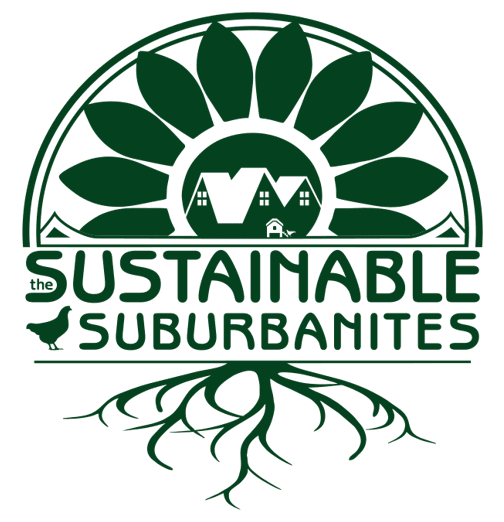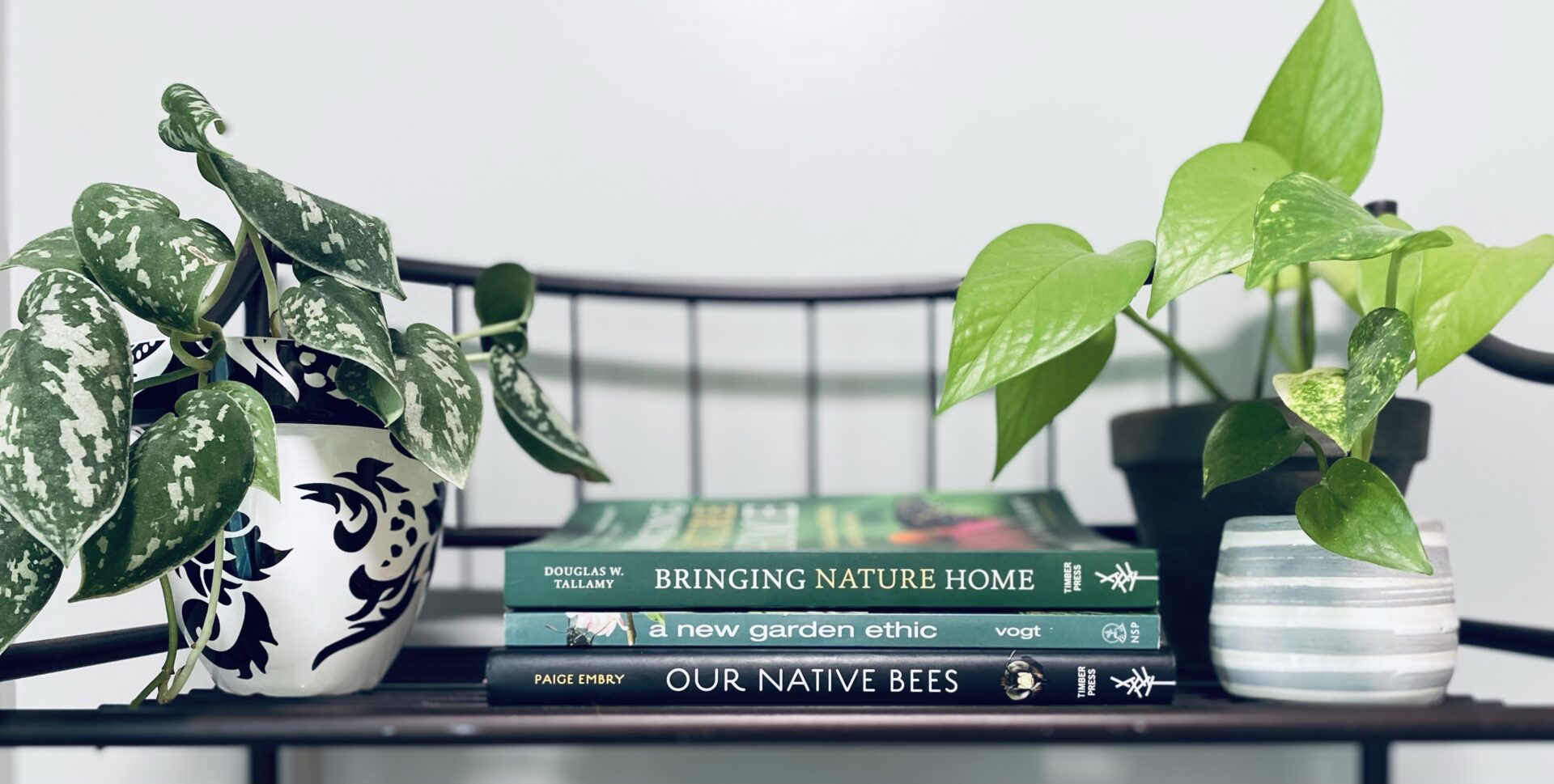Are you ready?! Ready to get loud and proud about creating change in your suburb?
If so, you’re in the right place. We know that getting started is challenging, so we’ve compiled a short list of essential reading for new activists who are finding their voices.
This post may contain affiliate links, meaning we may earn a commission for any purchases made through our links.
Making Change in Millard
When our family stumbled back into the suburb I grew up in, I had no idea just how many folks were going to want to talk to me about our zero waste lifestyle. Change is bubbling to the surface in this place, and folks are interested in a way I never would have thought possible. They want to learn, and they want to get loud!
Getting loud about sustainability is great, but it requires a base knowledge of the intersectionality of climate justice and social justice. That base knowledge cannot be given in a two-minute conversation on the sidewalk….
But a great book recommendation can be!

Our family relies heavily on applying what we’ve learned from these books and many others like them. We’re endlessly recommending them to others as they set out on their sustainability activism journeys.
Our hope is that the knowledge written within these pages will continue to inspire action in our area, and beyond.
One learns from books and example only that certain things can be done. Actual learning requires that you do those things.
Frank Herbert
Our Top 5: Essential Reading for New Activists
Note: The best option to purchase books should always be your local bookstore. However, I have provided links if that’s not an option for you.
The Color of Law
by: Richard Rothstein
Although this book has nothing to do with sustainability directly, it is absolutely crucial for suburban sustainability activists to understand the complex history of how racism, classism, and materialism have blended to create the spaces we exist in today. While no single text can cover this in its entirety, The Color of Law is the most comprehensive and accessible title I’ve come across, so far. It paints a clear picture of why we must speak out against the discrimination and disparity that still exists at all levels of our society.
The Future We Choose: Surviving the Climate Crisis
by: Christiana Figueres & Tom Rivett-Carnac
I snagged this at our local library, and it forever changed my outlook on climate change activism. Individuals hold so much more power than we think we do! I liked this one so much that I read it in a single sitting, then went out to buy three copies for the tiny library that same day. It’s a simple text that outlines specifically what the average person can do to make an impact in their community. If you’re prone to climate anxiety or struggle with the sheer enormity of the issues, I highly encourage you to give this one a shot!
Bringing Nature Home: How You Can Sustain Wildlife with Native Plants
by: Doug Tallamy
This one is for newbie gardeners and experienced gardeners alike. I’ve never been one to really nerd out about gardens; science overwhelms me and I don’t really have an eye for plants. This book is different from most gardening books, though. It’s one of exactly two that have inspired me to learn more about gardening and understand the impact that conscious gardening can have on humans in all places. Truly anyone can be an impactful gardener, no matter where they live!

A New Garden Ethic: Cultivating Defiant Compassion for an Uncertain Future
by: Benjamin Vogt
This is actually the first native gardening book I read! For the purposes of this list, I have it following Tallamy’s Bringing Nature Home, only because A New Garden Ethic is a bit high-level for someone who has basically zero gardening knowledge (ahem, me when I first read it.) I was gifted the book by a friend right before we moved here, and I cannot emphasize enough the impact that it had on the decisions we made during our first few months. It was amazing to be able to hire Benjamin Vogt’s company, Monarch Gardens, to plant our own native gardens.
Our Native Bees: North America’s Endangered Pollinators and the Fight to Save Them
by: Paige Embry
I love this book, not only for what I learned about bees but for how impactful the author’s story is. She’s the classic example of a person who simply wanted to learn more about something in her world, so she went out and became the expert! Like I said before, science overwhelms me. Our Native Bees provides the base knowledge of pollinators that every climate activist needs to have.
As Long as Grass Grows: The Indigenous Fight for Environmental Justice, from Colonization to Standing Rock
by Dina Gilio-Whitaker
This is my favorite book about Indigenous climate advocacy. As white folks in predominantly white spaces, it can be awkward to navigate conversations with and about Indigenous activism. This book helped me adjust my lens a bit better on how to effectively advocate in my own space, while also acknowledging that….it’s not really entirely my space. More than one thing can be true, and As Long as Grass Grows is an excellent intro to sustainable partnerships that bridge some of the gaps between white and non-white activism.
Always Remember: Action Makes Activism
At the end of the day, we can read books all day long, but it requires action to create change based on what we’ve learned. We don’t all have to do every single thing, but we must all do some things. Keep reading until you find your thing, and then act upon it!
Please remember: This list serves only as a starting place. There are thousands of wonderful books out there to help you along your climate activism journey, and we sincerely hope you find them.
Who knows – maybe one day you’ll write your own.

